An Afrobarometer survey has revealed widespread concerns among Zambians about the distribution and implementation of projects under the Constituency Development Fund (CDF).
The findings suggest that many citizens believe CDF projects primarily benefit a small group of individuals, with limited impact on broader communities.
The survey, presented in Lusaka on Thursday by Edward Chibwili, lead researcher from the Institute of Economic and Social Research (INESOR) at the University of Zambia (UNZA), highlighted that two-thirds of Zambians who are aware of the fund feel its projects serve only a select few.
Read more: Survey claims 66% of Zambians describe country as ‘heading in wrong direction’
Meanwhile, 51 percent of respondents admitted they could not identify any CDF-funded projects in their constituencies.
According to Chibwili, 82 percent of respondents had heard of the Constituency Development Fund, with awareness particularly high among urban residents (90 percent) and those with postsecondary education (97 percent).
Despite this widespread awareness, many respondents remain skeptical about the equitable distribution of CDF benefits.
While 67 percent of those surveyed said most CDF-funded projects only benefited a few individuals, just 25 percent believed these projects serve entire communities.
Chibwili emphasized that poor guidelines on CDF utilization were perceived as the biggest obstacle to effective implementation. “The biggest challenge to the implementation of CDF-funded projects, according to ordinary Zambians, is poor guidelines on how CDF should be utilized, followed by political interference,” he said.
The survey findings also point to broader governance concerns, with political interference emerging as a significant secondary challenge.
The Afrobarometer survey, conducted between July 8 and 28, 2024, involved 1,200 adult Zambians across the country.
The study builds on previous Afrobarometer surveys conducted in Zambia in 1999, 2004, 2005, 2009, 2012, 2014, 2017, 2021, and 2022.
Chibwili outlined the demographic trends observed in the survey, noting that awareness of CDF was higher among individuals aged 46 to 55 (90 percent) and secondary school graduates (90 percent ).
While CDF is designed to fund development projects aimed at improving livelihoods and infrastructure, the survey findings indicate that its impact remains limited. Half of those who had heard of the fund were unaware of any specific projects in their constituencies.
Chibwili reiterated the need for stronger guidelines and reduced political interference to ensure the fund achieves its intended objectives.
“This survey highlights the need for improved transparency and accountability in the management of CDF, as well as greater community involvement in identifying and overseeing projects,” Chibwili concluded.
The findings raise critical questions about the future of CDF as a tool for grassroots development and call for urgent reforms to address the concerns raised by Zambians.
WARNING! All rights reserved. This material, and other digital content on this website, may not be reproduced, published, broadcast, rewritten or redistributed in whole or in part without prior express permission from ZAMBIA MONITOR.

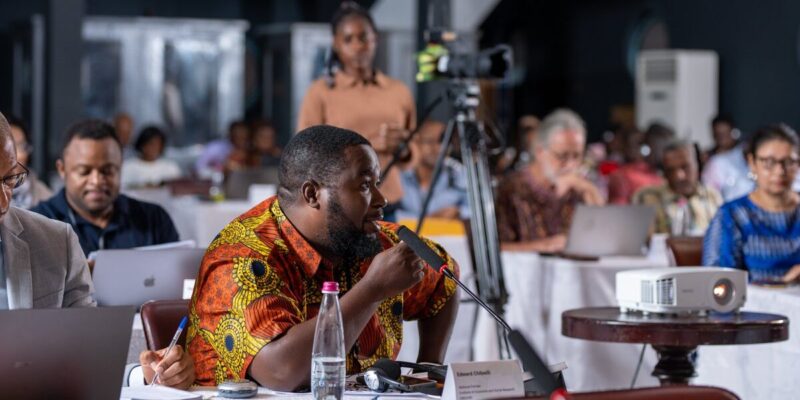
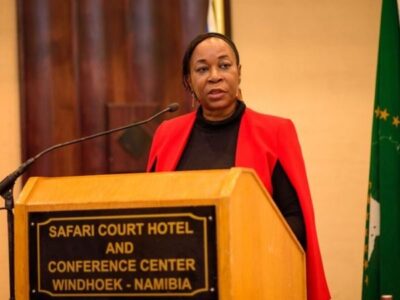
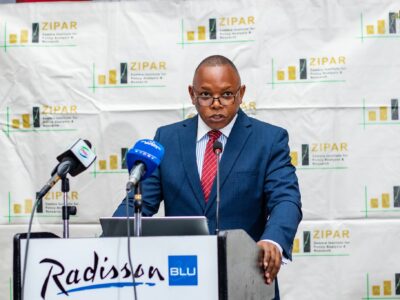
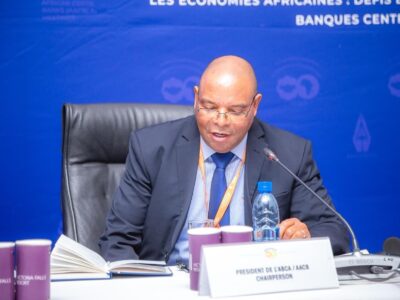

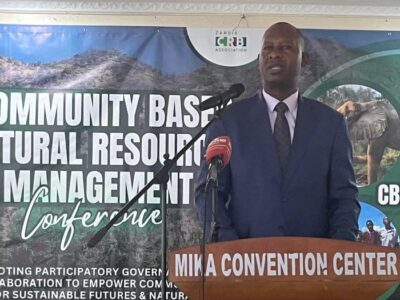
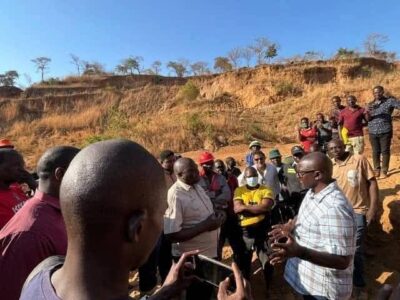




Comments